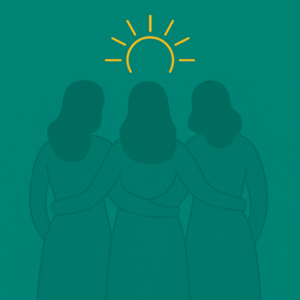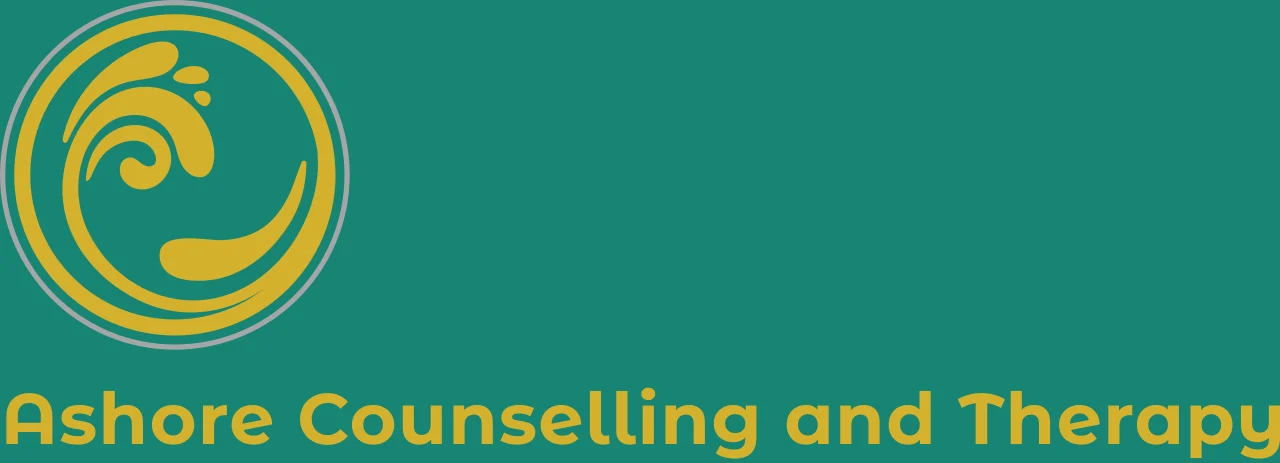
Today, 18th September 2025, marks the very first World Menopause and Cancer Awareness Day. I couldn’t let this day pass without writing, because this experience is deeply personal to me — and it’s one that many women go through in silence.
My Story of Cancer and Menopause
In 2020, I was diagnosed with breast cancer. Treatment was gruelling — a blur of appointments, surgery, scans, and medication. When it finally ended, I thought the hardest part was behind me.
But then came something I wasn’t expecting: cancer-induced menopause.
It was like falling off a cliff. It hit me virtually overnight, with no warning and no roadmap. Hot flushes, night sweats, brain fog, exhaustion, anxiety, aching joints, changes to my body and skin, even intimacy challenges — suddenly, my body felt like a stranger’s.
It wasn’t just the symptoms. It was the double trauma of first facing cancer, then menopause, with little to no guidance on how to cope. I was grateful to be alive, but at times I felt barely able to function.
And society doesn’t help either. In Western culture, menopause is wrapped up with stigma and silence — seen as a sign of aging, of fading into invisibility, of being “past it.” So, on top of the sweats, the fog, the exhaustion, we’re left fighting shame. Fighting guilt that we don’t feel great all the time, when we should just be grateful we survived.
It’s not thriving. It’s barely surviving. And it can feel so, so lonely.
Why World Menopause and Cancer Awareness Day Matters
The truth is, I’m not alone. Research shows that:
- 90% of people receive no plan to manage menopause after cancer.
- 3 in 4 say the symptoms are harder to manage than treatment itself.
- 99% believe there should be better support in place.
- 9 in 10 said symptoms significantly impact their quality of life.
- Only 3% felt adequately supported by healthcare professionals.
(Source: https://menopauseandcancer.org/)
This is why World Menopause and Cancer Awareness Day matters. It shines a spotlight on an often-overlooked part of cancer care: the impact of treatment-induced menopause on women’s quality of life.
It’s not just about the physical symptoms. It’s about identity, relationships, mental health, and the long-term changes to our bodies.
How Counselling Can Help After Cancer and Menopause
For me, counselling was life-changing. Talking about my experience gave me the space to process my fears, my grief, and the loss of identity I felt. Therapy helped me to:
- understand and make sense of the changes to my body,
- process feelings of loss, anxiety, and uncertainty,
- explore the impact on my relationships and sense of self,
- and begin to rebuild meaning and purpose in life.
While therapy doesn’t take away hot flushes or fatigue, it provides something equally important: a safe, compassionate space to explore who you are now, and to start feeling in control again.
If you’re navigating menopause after breast cancer or another form of cancer, talking about it can ease the loneliness and help you reclaim your sense of self.
Gentle Tips for Navigating Cancer-Induced Menopause
Here are some simple, practical steps that may help alongside emotional support:
- Track your symptoms — a diary or app can make it easier to spot patterns and talk to doctors.
- Prioritise rest — fatigue is part of healing, not a weakness.
- Hydrate and nourish yourself — small changes can ease brain fog and hot flushes.
- Gentle exercise — walking, stretching, yoga, or strength training can support mood and sleep.
- Mind-body practices — mindfulness, meditation, or breathing exercises to calm the nervous system.
- Cooling tricks — fans, layered clothing, cooling sprays, or special pillows.
- Reach out — support groups, therapy, or trusted friends who can hold space for you.
Helpful Resources
- Menopause and Cancer – Instagram: @menopause_and_cancer | Facebook
- Macmillan Cancer Support
- The Menopause Charity
- Cancer Research UK – Cancer and Menopause Information
You’re Not Alone
💜 To every woman in treatment.
💜 To every woman thrown into menopause because of cancer.
💜 To every woman mourning who she was while learning who she is now.
💜 To every woman learning to live in a new body and find a new identity.
💜 To every woman surviving day by day, even when thriving feels impossible.
You are not invisible. You are not alone.
Counselling Support for Women with Cancer and Menopause
If you’re experiencing menopause after cancer treatment and struggling with the emotional and physical impact, please know you don’t have to carry this by yourself.
I offer counselling specifically for women navigating cancer, treatment-induced menopause, and the challenges of rebuilding identity after illness. It’s a safe and understanding space where you can explore your feelings, fears, and hopes for the future.
📩 Get in touch with me to arrange a chat or counselling session.
Because surviving is not enough. You don’t need to walk this path alone. You deserve to feel supported, seen, and understood.
